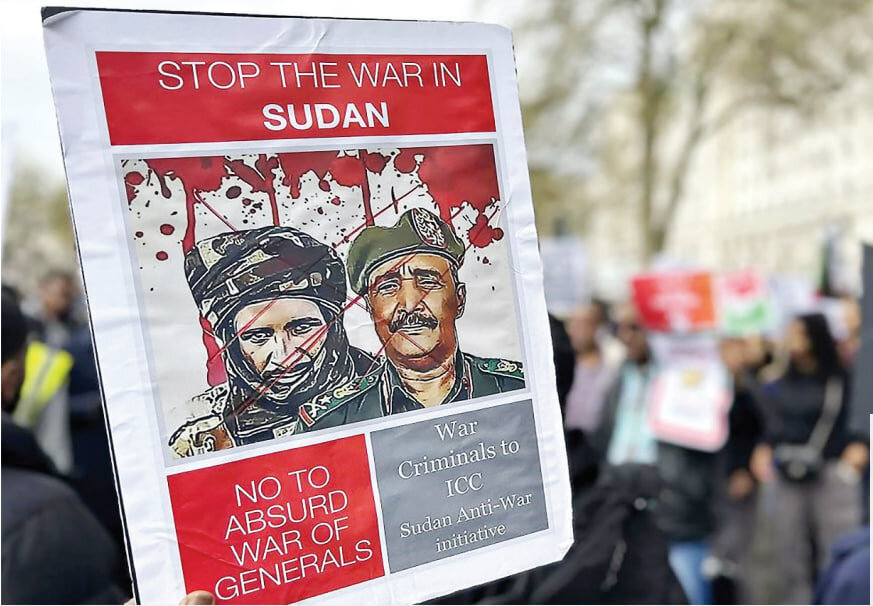The price of betrayal to "The Three Noes of Khartoum"

TEHRAN- After the six-day war between Arabs and Israel in 1967, Arab leaders gathered in Khartoum. The Arab League summit ended on September 1st with a seven-point resolution. This meeting and resolution became famous and historic because of its third point.
The third point of the Khartoum resolution emphasized that:
“The Arab Heads of State have agreed to unite their political efforts at the international and diplomatic level to eliminate the effects of the aggression and to ensure the withdrawal of the aggressive Israeli forces from the Arab lands which have been occupied since the aggression of 5 June. This will be done within the framework of the main principles by which the Arab States abide, namely, no peace with Israel, no recognition of Israel, no negotiations with it, and insistence on the rights of the Palestinian people in their own country.”
In this point, there were three important commitments that became famous as the "Three Noes." Since then, Sudan has undergone many ups and downs, including about 15 coups.
Two years after the Sudanese army, under the leadership of General Abdel Fattah al-Burhan, overthrew President Omar al-Bashir in a coup, a political delegation from the Israeli regime visited Sudan. In the meetings and negotiations, the coup leaders agreed with Israeli envoys to pave the way for Sudan's reconciliation with Israel.
The head of the Israeli delegation was Eli Cohen. He triumphantly returned from Khartoum saying that the "Three Noes" had become "Three Yeses": “We are building a new reality with the Sudanese, in which the "Three Noes" will become the "Three Yeses": Yes to negotiations between Israel and Sudan, yes to recognition of Israel and yes to peace between the states and between the peoples.”
This relationship continued and in the latest visit on February 2, 2023, Cohen, the foreign minister of the Israeli regime, met with General al-Burhan and the defense minister of the coup government in Khartoum.
General al-Burhan, who had opened the doors of Khartoum to the child-killing regime, did not expect to be betrayed. After Hemedti, the commander of the RSF paramilitaries, staged a coup against him and plunged Sudan into a battlefield and turmoil, Tel Aviv stood by Hemedti.
Both Hemedti and al-Burhan have shown their allegiance to Israel, but Hemedti has characteristics that are currently more beneficial to Israel. Hemedti's control over Sudan could lead to the collapse of the country's army. It should be noted that the body of Sudan's army is made up of Islamist and anti-Israel forces, and its collapse is a win for Tel Aviv.
Another point is that Hemedti has shown more audacity to move towards Israel's goals and his forces can take on the role of mercenaries for Israel in surrounding areas and even further away. They took on this role extensively in the Yemen war. Hemedti's victory opens the way for partitioning Sudan once again, as Israel did with South Sudan.
News sources have said that Mossad has had contact with Hemedti and the mediator of this contact is also the UAE. This contact and support have angered General al-Burhan, who had promised to normalize relations with Israel.
The situation in Sudan has become more complicated than before and the people of this country are paying the price for the power struggle between the generals. The interesting point of the story is that Israel has announced in its latest official position that it wants to mediate between the two generals.
What is certain is that just as Israel betrayed General al-Burhan, it will also turn its back on Hemedti when necessary. The result of betraying the Palestinian cause and colluding with the number one enemy of the Islamic world is nothing but a boomerang effect. The generals come and go in Sudan, but the Muslim people's opinion about Israel does not change.
Mohammad Sarfi is Editor-in-Chief Tehran Times
